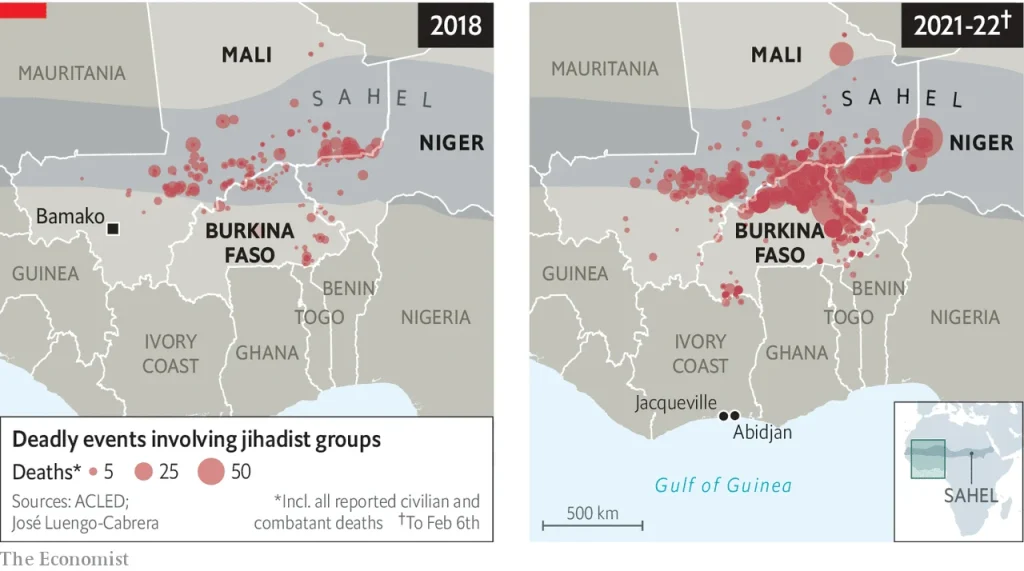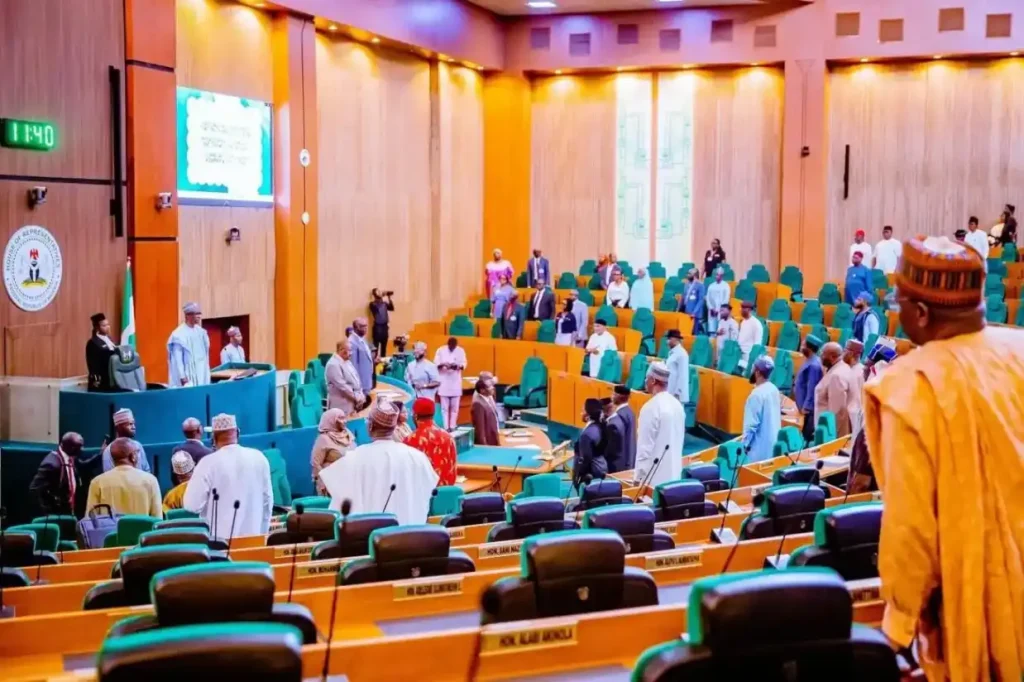The Nigerian Communications Commission (NCC) has approved a 50% tariff increase for telecom services, including calls, data, and text messages. The decision comes after extensive lobbying from telecom operators, who cited rising operational costs and inflation as primary reasons for the adjustment.
In a statement released on January 20, 2025, the NCC justified the hike, stating that the move was necessary to ensure the sustainability of the telecommunications sector. The Commission highlighted challenges faced by operators, including the fluctuating exchange rate, high energy costs, and increased regulatory expenses, as key factors influencing the decision.
“The adjustment will enable operators to maintain quality service delivery while meeting their financial obligations,” the NCC noted.
The announcement has sparked widespread outrage among telecom subscribers, many of whom have described the hike as unjustifiable and insensitive, given the country’s current economic realities. Consumer advocacy groups and individual subscribers have threatened to take legal action against the NCC, arguing that the increase places an undue burden on Nigerians already grappling with high inflation rates.
“The tariff hike is exploitative and will worsen the economic hardships faced by millions of Nigerians,” said a representative of a prominent consumer rights organization.
Telecom operators have welcomed the NCC’s decision, stating that the hike will allow them to recover costs and continue investing in network expansion and technology upgrades. However, they have urged the Commission to engage more with stakeholders to ensure a smooth transition and address public concerns.
Economic analysts have weighed in, predicting that the increase could lead to reduced service usage among low-income Nigerians, potentially widening the digital divide. Some have also raised concerns about the impact on businesses that rely heavily on telecom services for daily operations.
As public backlash mounts, some lawmakers and civil society groups have called on the NCC to reconsider the decision. They argue that alternative measures, such as providing subsidies to telecom operators or reducing regulatory fees, could help address industry challenges without placing additional financial strain on consumers.
The NCC has yet to respond to these calls, leaving uncertainty about whether the tariff hike will be implemented as planned.





















